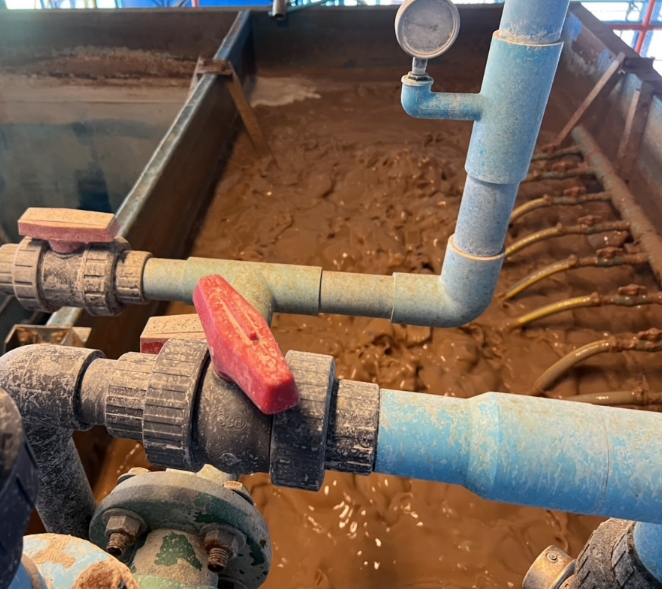With Thailand’s rapid economic growth, SMEs in manufacturing, food processing, and electronics industries have expanded significantly. However, along with production expansion comes a critical issue—how to effectively manage wastewater and comply with environmental regulations. In recent years, the Thai government has imposed stricter wastewater discharge standards, and companies failing to comply face fines, shutdowns, or even legal action. Therefore, balancing operational costs and environmental compliance has become a major challenge for SMEs.
1. Increasingly Stringent Environmental Regulations
Environmental laws require businesses to meet specific discharge standards, including parameters such as Chemical Oxygen Demand (COD), Biochemical Oxygen Demand (BOD), and Total Suspended Solids (TSS). However, many SMEs lack the capital or technical expertise to implement efficient wastewater treatment systems, leading to non-compliance and regulatory pressure.
2. High Wastewater Treatment Costs
Establishing a wastewater treatment facility involves significant capital investment, and ongoing operation and maintenance require continuous financial resources. For SMEs with limited funding, traditional wastewater treatment technologies often impose a heavy financial burden, making long-term operation costly.
3. Difficulty in Selecting the Right Treatment Technology
Wastewater treatment technologies vary widely, including biological treatments (e.g., MBR systems), physical treatments (e.g., DAF systems), and chemical treatments (e.g., pH control systems). Different industries produce wastewater with unique characteristics, requiring different treatment methods. For SMEs without technical expertise, selecting the most suitable treatment technology can be a daunting challenge.
4. Lack of Professional Management and Technical Personnel
Even if SMEs invest in wastewater treatment equipment, the lack of skilled personnel for operation and maintenance may prevent the system from performing optimally. Improper handling may even cause equipment failure or excessive pollutant discharge. Many SMEs lack the resources to hire environmental engineers, making wastewater management even more difficult.
Solutions and Feasible Strategies
1. Implementing Suitable Wastewater Treatment Technologies
Modular wastewater treatment systems can be a viable option, as they require less space and can be expanded as needed, reducing initial investment costs. For example, MBR systems efficiently treat high-organic-content wastewater, while DAF systems are ideal for removing grease and suspended solids. Selecting the appropriate technology based on industry needs helps ensure regulatory compliance.
2. Shared Wastewater Treatment Facilities
The Thai government and industrial zones could encourage SMEs to co-invest in centralized wastewater treatment facilities. This shared model can reduce capital and maintenance costs for individual businesses.
3. Smart Monitoring and Automation
Using smart monitoring equipment such as pH/ORP controllers allows real-time wastewater analysis. Automated systems can adjust chemical dosing and aeration levels to improve treatment efficiency. Additionally, remote monitoring can reduce human errors and ensure stable system operation.
4. Seeking Government and Financial Support
The Thai government can provide environmental subsidies or low-interest loans to SMEs, helping them invest in wastewater treatment facilities. Additionally, businesses can collaborate with water treatment companies, using leasing or long-term maintenance contracts to reduce initial financial pressure.
#Sludge Dewatering Machine, Plate Frame Filter Press, Belt Filter Press, Blower, Aeration Diffuser, Sludge Pump, RO Pure Water, EDI Ultrapure Water, Glass-Fused-To-Steel (GFS) Tanks


